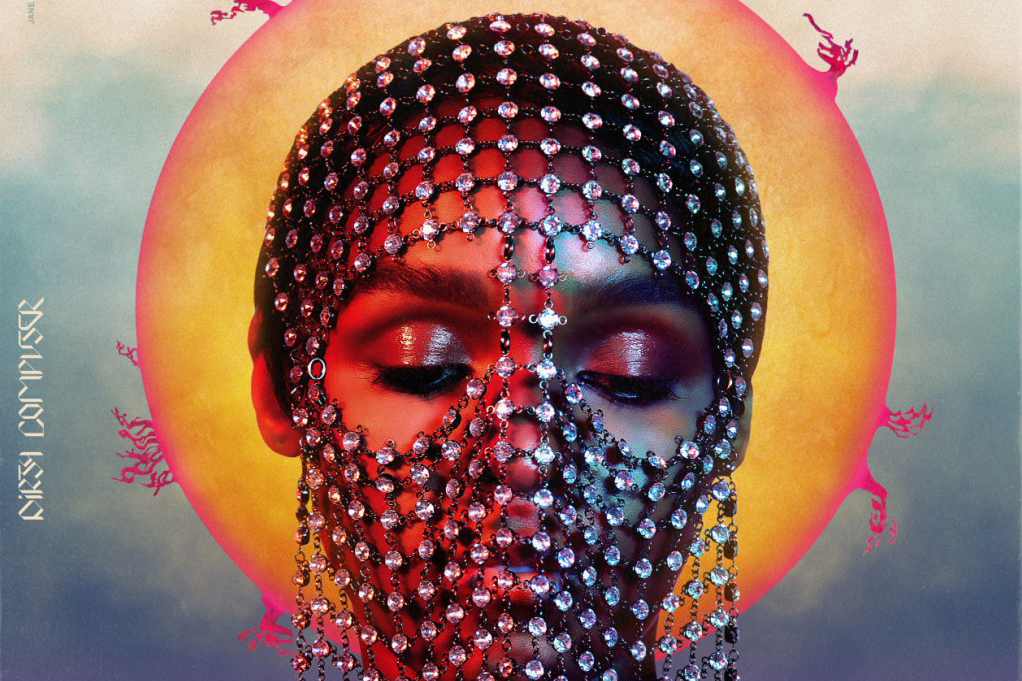It’s been five years. Five long years since Janelle Monáe last dropped a project. Half a decade went by without any of the Kansas City native’s smart social commentary and funky, fun-filled lawlessness, consistently wrapped in beautiful and innovative casing.
Her first three works — Metropolis: Suite I (The Chase), The ArchAndroid and The Electric Lady — depict the plight of her alter ego Cindi Mayweather. They are grand, genre-bending masterpieces and highlight what it means to be different. Dirty Computer picks up where Monáe’s sonic joyride last stopped, leaving no stones of our society unturned.
In a Beats 1 interview with Ebro Darden, the singer used the term “dirty computer” in the context of marginalized populations. She expounded upon it, saying, “we are computers, we are CPUs … you got your bugs, you got your viruses … what is it like to live in a society that is constantly trying to cleanse you and tell you that … you need to be reprogrammed, deprogrammed.”
“Crazy, Classic, Life” opens with Martin Luther King Jr. reciting part of the Declaration of Independence. Then, techno keys typical of ’80s pop descend, bringing nostalgic images of mainstream (white) culture like Grease or Footloose to mind. But the song is flipped into an ode to black youth (“I’m not America’s nightmare/ I’m the American dream,” and later “I’m the American cool”). On “Screwed,” she and Zoë Kravitz tease that “we’ll put water in your guns/ we’ll do it all for fun.”
For three minutes, the 32-year-old commands herself and those like her through her raps on “Django Jane.” The anthem is a reclamation of tough times and a proclamation of getting past them.
“Kept us in the back of the store/ we ain’t hidden no more, moonlit n—–, lit n—–,” she raps. “Prolly give a Tony to the homies/ prolly get a Emmy dedicated to the/ highly melanated, ArchAndroid orchestrated.” She dares to take the red, white and blue of Americana and “paint the city pink,” using the color as a potent motif of liberation, and wholly embracing it as something that has historically been assigned to girls.
The LP is a master class of subtleties, where melodies and chords seem to be headed one way but seamlessly turn toward another, such as the melting down of “Crazy, Classic, Life” into the depths of “Django Jane.” Midway through, she “cues the violins and violas,” in which the string family is swiftly introduced and then waves off. She saves her raps for the end, breathing new life into songs thought to be over.
“Remember when they told you I was too black for ya?/ And now my black poppin’ like a bra-strap on ya” she says near the end of “Crazy, Classic, Life.” Near the end of “Screwed,” she spits: “Hundred men telling me cover up my areolas/ while they blocking equal pay, sippin’ on they Coca-Colas.”
The next few songs operate out of pure confidence. “Pynk” follows, a soft din of snaps and synthesizers dedicated mostly to the vagina, and partly an expression of the singer’s queerness (she recently came out as pansexual).
On the bouncy, Pharrell-featured “I Got the Juice” (which is surprisingly not produced by him, but by Wondaland Records’ Nate Wonder), she extends the slang term’s metaphor, emboldening the unique femininities of women everywhere, eventually singing “Try to grab my pussy cat, this pussy grab you back.”
Only on the latter songs “Don’t Judge Me” and “So Afraid” does Monáe ever show any signs of retreat. “I Like That” is the turning point, where she totally invests in her “bugs” or “viruses.” It remains yet to be seen how her non-conformism lines up with the conformed nature of society.
But then again, she is “Jane Bond, never Jane Doe and I Django, never Sambo.” The line is a testament to her spirit. She cannot be erased.




